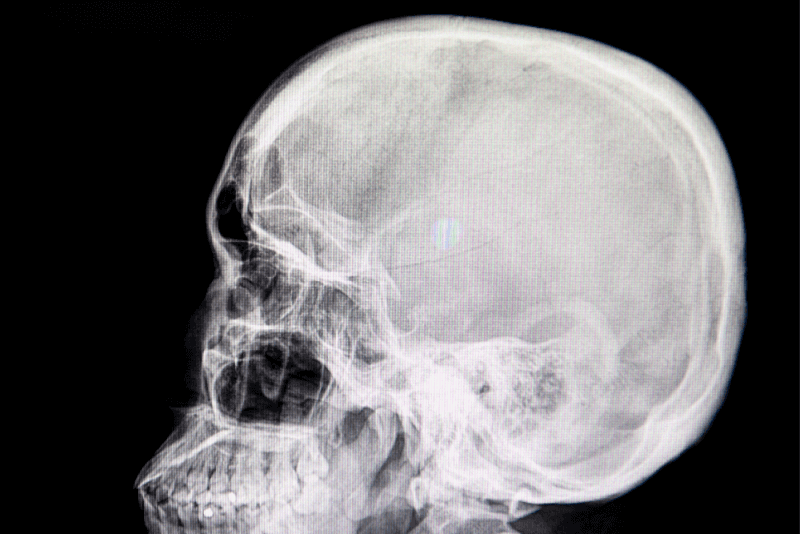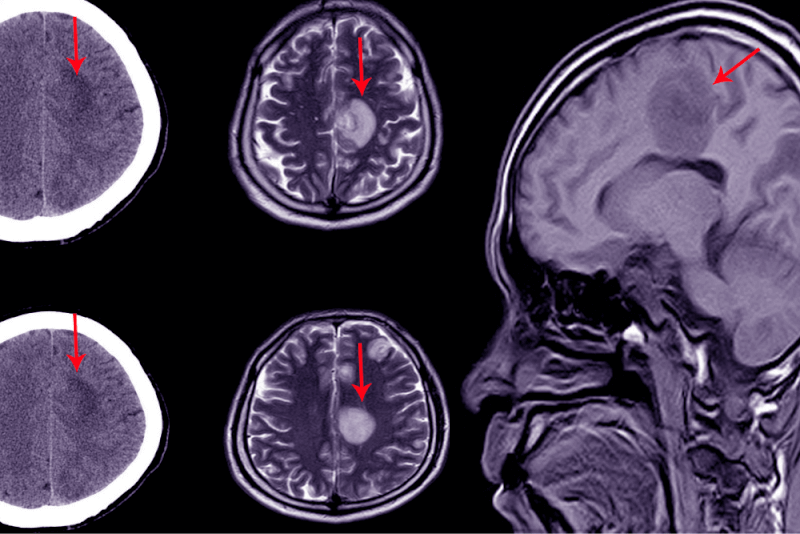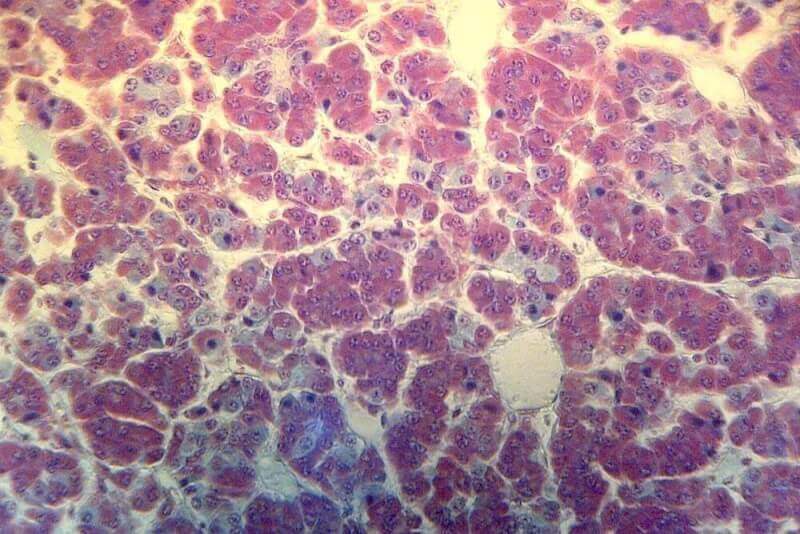What is a Skull Fracture?
A skull fracture refers to a break in the bone structure surrounding the brain. Skull fractures, a type of head injury, typically occur as a result of blows to the head.
Most skull fractures are minor and do not require surgery. However, any head injury should be evaluated in the emergency room as some can be life-threatening.
Surgery is often necessary if the injury affects the brain. Some skull fractures may heal without any treatment, but patients should be observed to ensure there are no complications.
Causes of Skull Fractures
Skull fractures occur when a significant amount of force is applied to a bone. Common causes of skull fractures include:
- Personal violence
- Sports injuries
- Motor vehicle accidents
- Falls
- Blunt force trauma
Skull fractures are more common in children because their skulls are thinner and more fragile than those of adults. Individuals over the age of 75 are also at higher risk due to a greater likelihood of falls. Engaging in high-risk activities like contact sports also increases the risk of skull fractures.
Symptoms of Skull Fractures
One of the first symptoms of a skull fracture is pain caused by the impact of the injury. Many people with head injuries experience severe pain. If the brain is affected, additional symptoms may include:
- Nausea
- Fatigue
- Confusion
- Difficulty with balance and coordination
- Difficulty speaking
- Loss of sensation in some parts of the body
- Vision loss
Diagnosis of Skull Fractures
Skull fractures are diagnosed in emergency rooms through a physical examination and imaging tests such as a CT scan. Additionally, neurological exams can help assess how the fractures are affecting the brain. In some cases, an MRI may be used.
Treatment Methods for Skull Fractures
Most skull fractures heal without any specific treatment beyond the care required for the head injury itself. However, patients may need to be observed closely.
There is no specific treatment for linear fractures; they generally heal on their own. While hospitalized, patients are closely monitored for complications such as seizures. If seizures occur, antiepileptic medication may be administered.
Short-term use of pain relievers can help patients feel more comfortable after the injury. In some cases, acetaminophen is sufficient to relieve symptoms. If swelling occurs, applying ice can be beneficial.
The treatment of skull base, depressed, and diastatic fractures varies depending on the severity of the injury. Generally recommended treatments include:
- Keeping the patient's head elevated and resting in this position
- Inserting a shunt to drain excess or leaking cerebrospinal fluid
- Surgery to reposition fractures if there are open fractures
Skull Fracture Surgery
Skull fracture surgery is referred to as cranioplasty. This procedure is frequently used in neurosurgery for various reasons, including the treatment of skull fractures.
Methods of Skull Fracture Surgery
Different techniques are used in skull fracture surgery depending on the patient's needs. However, most methods involve lifting the scalp and restoring the skull contour using either the original skull fragment or other materials used in grafting procedures.
Benefits of Skull Fracture Surgery
Skull fracture surgery repairs the damaged part of the brain while also treating the fracture itself, helping to prevent and resolve potential complications caused by the fracture.
Complications of Skull Fracture Surgery
Complications of skull fracture surgery may include:
- Infection
- Blood clots that require post-surgery drainage
- Stroke
- Seizures
- Blood clots in the legs
- Complications unrelated to the surgery itself, such as pneumonia, heart attack, and urinary tract infection.
Precautions for Skull Fractures
After a skull fracture, seek emergency medical help if the following symptoms occur:
- Blood or fluid leaking from the nose or ears
- Confusion or disorientation
- Difficulty staying awake
- Severe headache
Recovery Process of Skull Fractures
The recovery time for a skull fracture varies depending on the severity and type of the injury. It can take several weeks to several months for the bones to fully heal.
During the recovery process, patients should be closely monitored. Additionally, they should rest in an upright position, and dressings should be applied according to the instructions. Patients should avoid strenuous activities during the recovery period.
Types of Skull Fractures
The types of skull fractures include:
Linear Fractures
These fractures occur as a result of blunt trauma with low intensity, affecting a broad surface area of the skull. They are particularly common in children with head injuries and typically occur at the top of the head or in the bones above the ears.
Depressed Fractures
Depressed fractures affect a small area, resulting from high-intensity trauma. In these fractures, the damaged bone is pushed under the neighboring bone, causing the broken bone to be driven toward the brain. Depressed fractures may involve multiple cracks or fragments.
Basal Skull Fractures
When the bones at the base of the skull are fractured, it is referred to as a basal or skull base fracture. These fractures affect the unseen bones behind the face and inside the brain.
Diastatic Fractures
Diastatic fractures involve the separation of the sutures or tissue bands that connect the bones of the skull.
Combination or complex fractures
This term is used when multiple types of fractures occur simultaneously.
Frontal Sinus Fractures
These fractures are uncommon in children under 10 years old and may be associated with other skull fractures. Cosmetic deformities are a common consequence of this type of fracture.
Closed Fractures
If a skull fracture does not break the scalp, it is called a closed fracture. This is the most common type of skull fracture.
Open Fractures
An open fracture occurs when the skull fracture breaks the skin over the skull. The risk of infection is very high with this type of injury.
Complications of Skull Fractures
Complications that can result from a skull fracture include:
- Bleeding in brain tissue
- Seizures
- Brain damage
- Paralysis
- Blood clots
- Infection
- Changes in appearance







